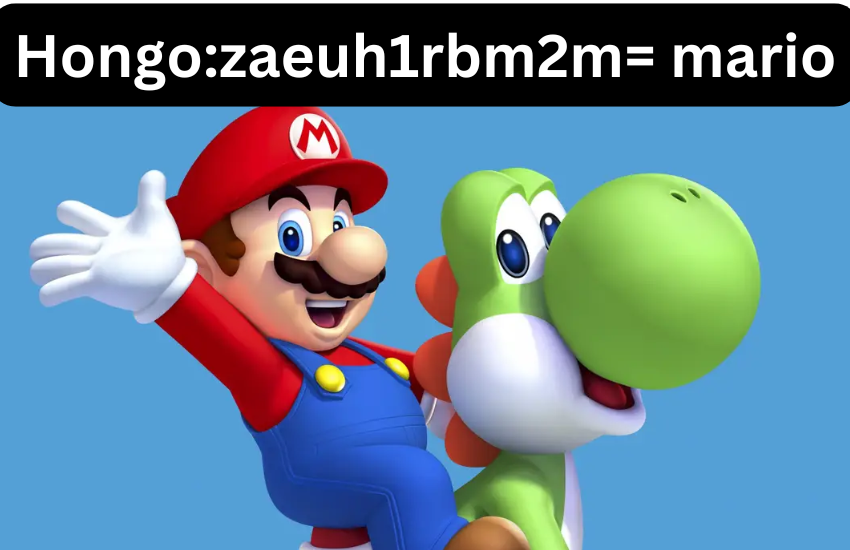When it comes to central heating systems, encountering cold radiators while the boiler is running can be frustrating. Understanding the reasons behind this common issue is essential for maintaining a warm and comfortable home. This in-depth information will explain why radiators are cold even though the boiler is on. If you want to fix this heating problem, we’ll talk about it. It could be anything from air getting stuck in the system to a broken valve.
Common Causes of Cold Radiators During Boiler Operation
Air Trapped in the System: One of the most frequent culprits behind cold radiators is air trapped within the heating system. Radiators have air in them that stops hot water from moving, which makes some areas warm and others cold.
Low System Pressure: If the water flow in your central heating system is too low, hot water might not be able to get to your boilers. Low pressure can impede the flow of heat, resulting in cold radiators even when the boiler is running.
Faulty Valves: Thermostatic radiator valves (TRVs) can break down, stopping the flow of water through the radiator. A stuck or faulty valve can prevent the radiator from heating up properly, leading to cold patches.
Uneven Heating: If your central heating system isn’t set right, some pipes could be cold, and others could be hot. Balancing the system ensures that each radiator receives an equal amount of hot water for consistent heating.
Blockages in the System: Sludge or other waste in the central heating system could stop the flow of water to the radiators. By stopping radiators from heating evenly, blockages lead to cold spots and inefficient heating systems.
Weak or Sticking Pump: If the pump breaks, the hot water may not move as quickly, which makes the radiators less warm. Rads that are too cold could be caused by pumps that don’t move water.
Troubleshooting and Resolving Cold Radiator Issues
- Bleeding the Radiators: Radiators can be cleaned to get rid of air and make the flow of water better. Bleeding involves opening the air bleed valve at the top of the radiator to expel trapped air.
- Checking System Pressure: Ensure the water flow in the central heating system is high enough to heat the radiators. Low pressure can be addressed by adjusting the system pressure as per the manufacturer’s instructions.
- Inspecting and Repairing Valves: Verify that the radiator valves are functioning correctly, especially the TRVs. If a valve is stuck or not operating smoothly, it may need to be repaired or replaced to restore proper heating.
- Balancing the System: To make sure that everyone is warm, the central heating system is balanced by sending different amounts of hot water to each boiler. Proper balancing ensures that all radiators receive sufficient heat for optimal performance.
- Addressing Blockages: If blocks are found, the system may need to be cleaned by a professional to get rid of dirt and sludge. Flushing the system can help restore efficient heating to the radiators.
- Evaluating the Pump: A skilled worker can check the pump to see if it’s making the radiator cold. If the pump isn’t working well, it might need fixing or replacing to ensure the water moves correctly and the heat works.
Why are my Downstairs Radiators Cold?
Cold radiators downstairs can demonstrate a balancing issue. Hot water tends to rise upwards in a system, so you’ll know you have a balancing problem if your downstairs radiators are cold and the upstairs ones are hot.
Close the lockshield (the smaller valve next to the thermostat) on the radiators upstairs and open it a quarter turn to fix it. This will heat the radiators downstairs without making the radiators upstairs less efficient.
What is a Professional Heating Engineer?
The heating engineer you hire must have an NVQ or diploma in Gas Utilisation or Domestic Natural Gas Installation. They are also sometimes called gas engineers. To get on the Gas Safe Register, gas experts have to pass a test called Gas Assessment Training.
Why Do I Need a Professional Heating Engineer?
Unless it’s a simple problem, it’s best to call out a professional. Here are three reasons why:
- The problem can be properly diagnosed and fixed.
- Do you really know what the cause is? Do you really know how to fix it if you do?
- Fixing issues yourself could cause more harm than good.
Not Using Modern Heating Technology Yet?
Few of you might be just reading this article without even having the modern heating technologies like boilers, heat pumps, radiators and TRVs and thermostats etc. There’s good news for those low-income households who are having back boilers or traditional heating. That is, they can be eligible for the first time central heating grants under the ECO4 scheme. This is a support from the UK government to encourage UK households slash their energy bills and carbon emission.
Conclusion
Low pressure, broken valves, system unbalance, clogs, and pump problems can all make the radiators cold while the boiler is running. By finding the cause and fixing the problem, homeowners can fix heating systems that don’t work well and make sure radiators heat evenly. Regular maintenance and quick cold radiator repairs are needed to keep your central heating system running smoothly and comfortably.



